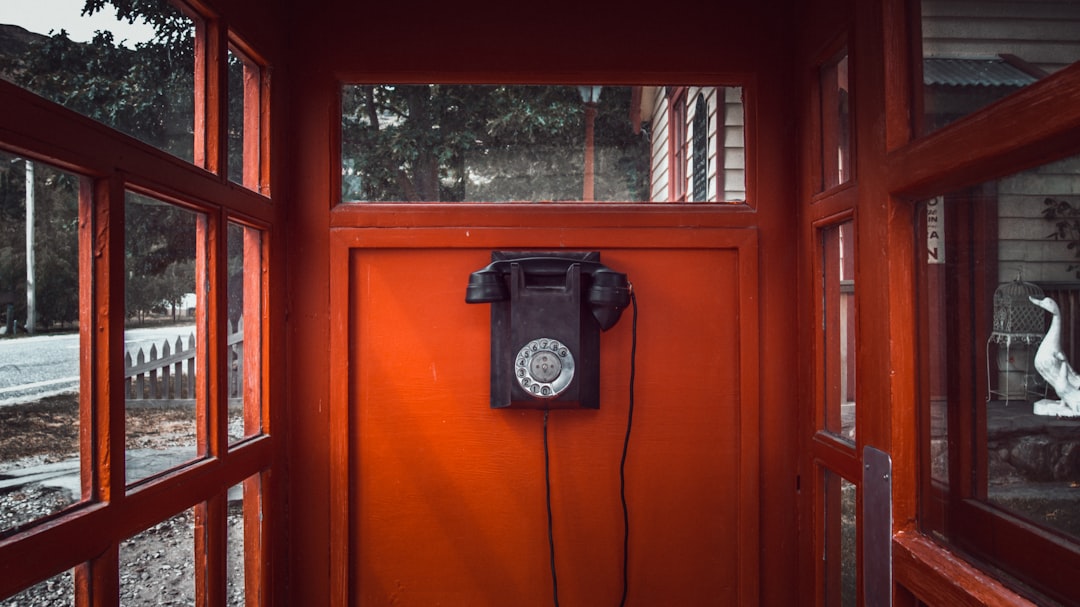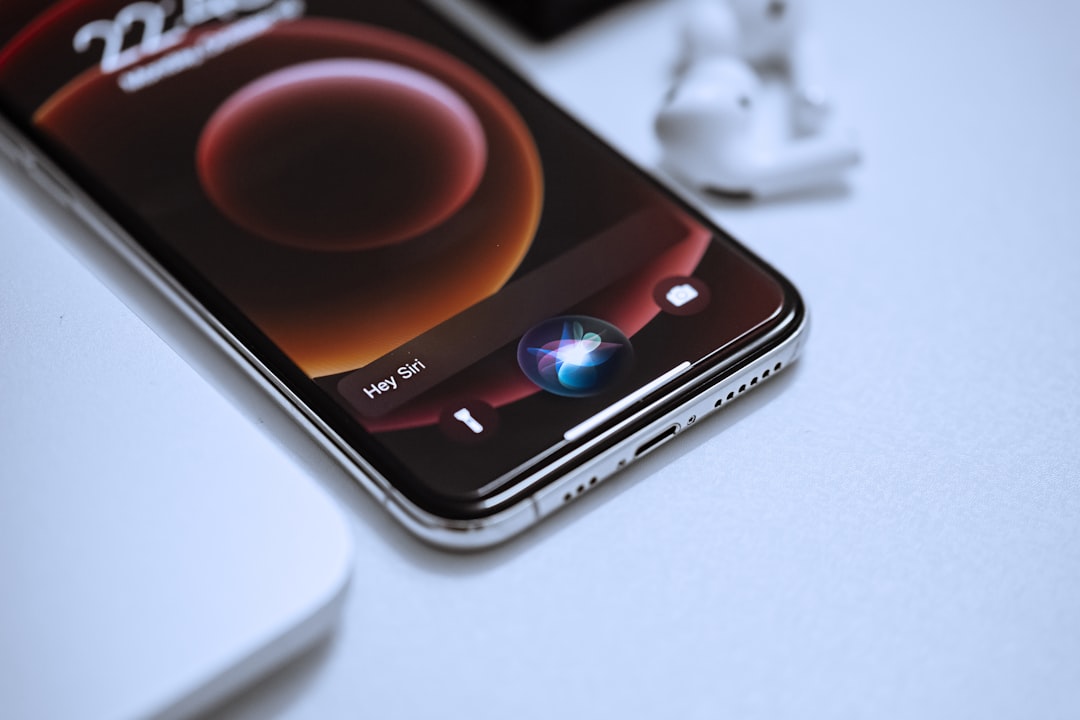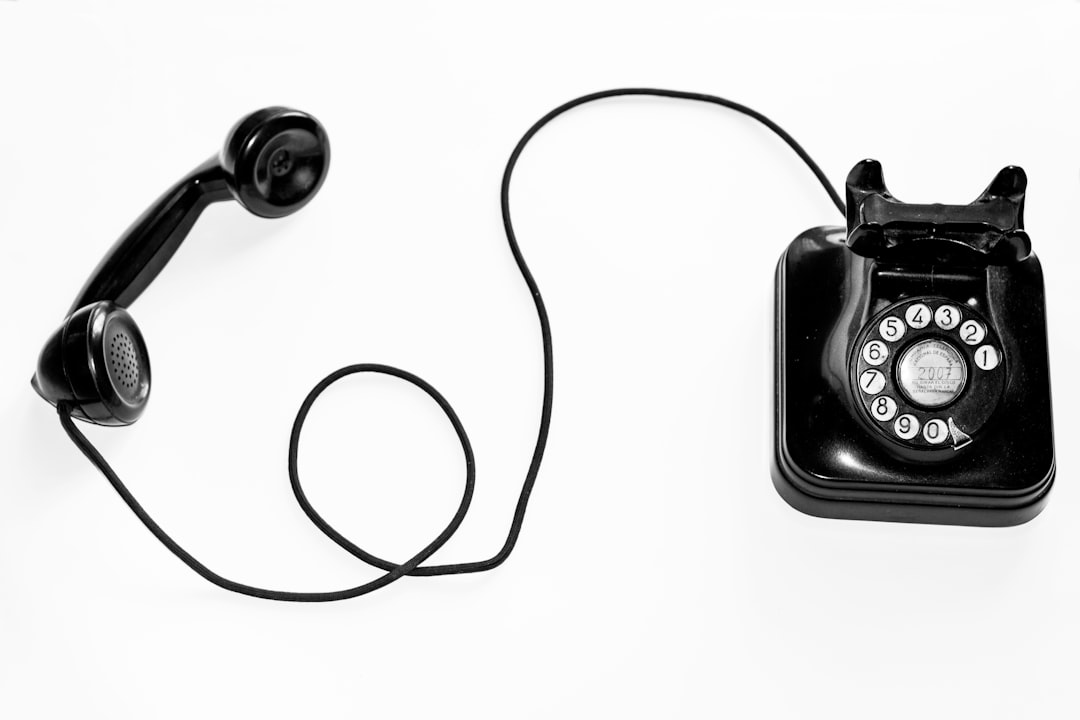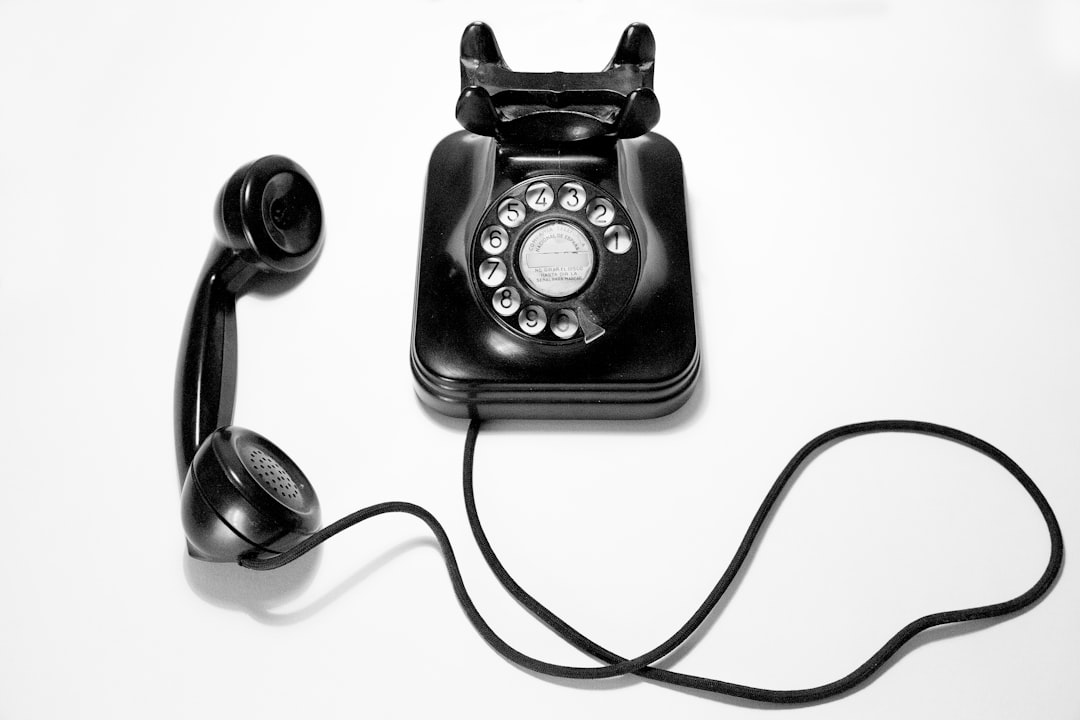Illinois residents can protect themselves from illegal marketing calls using smartphone caller blocking features, in compliance with the Telephone Consumer Protection Act (TCPA). By customizing blocks for specific numbers or ranges, including unknown callers and areas with fraudulent activity, users can reduce unwanted calls. Consulting a lawyer specializing in TCPA Illinois provides guidance on legal rights and obligations, ensuring blocking measures don't hinder essential services to avoid potential lawsuits.
In Illinois, understanding how to utilize your smartphone’s caller blocking features is crucial, especially with the Telecommunications Consumer Protection Act (TCPA) in play. This guide explores the art of blocking unwanted calls, providing a comprehensive toolkit for residents to navigate their rights and responsibilities. From activating blocking settings on popular smartphones to delving into legal considerations, we empower you with knowledge. Discover how to safeguard your privacy and learn when a lawyer for TCPA Illinois might be necessary, ensuring compliance in this digital age.
Understanding Caller Blocking: A Tool Against TCPA Violations in Illinois

Caller blocking features on smartphones have become powerful tools for individuals in Illinois looking to protect themselves from unwanted calls, especially those that violate the Telephone Consumer Protection Act (TCPA). Understanding how to use these features effectively can help residents of The Prairie State avoid frustrating and potentially illegal marketing calls.
In Illinois, as across the nation, the TCPA prohibits certain types of automated or prerecorded telephone calls without prior express consent from the recipient. By blocking callers, smartphone users can take an active step in preventing their phone numbers from being used in violation of this law. A lawyer for TCPA Illinois can guide individuals on navigating legal rights and responsibilities related to these issues, but empowering oneself through technology is a proactive approach that can help reduce unwanted calls and potential legal repercussions.
Activating and Customizing Your Smartphone's Blocking Settings
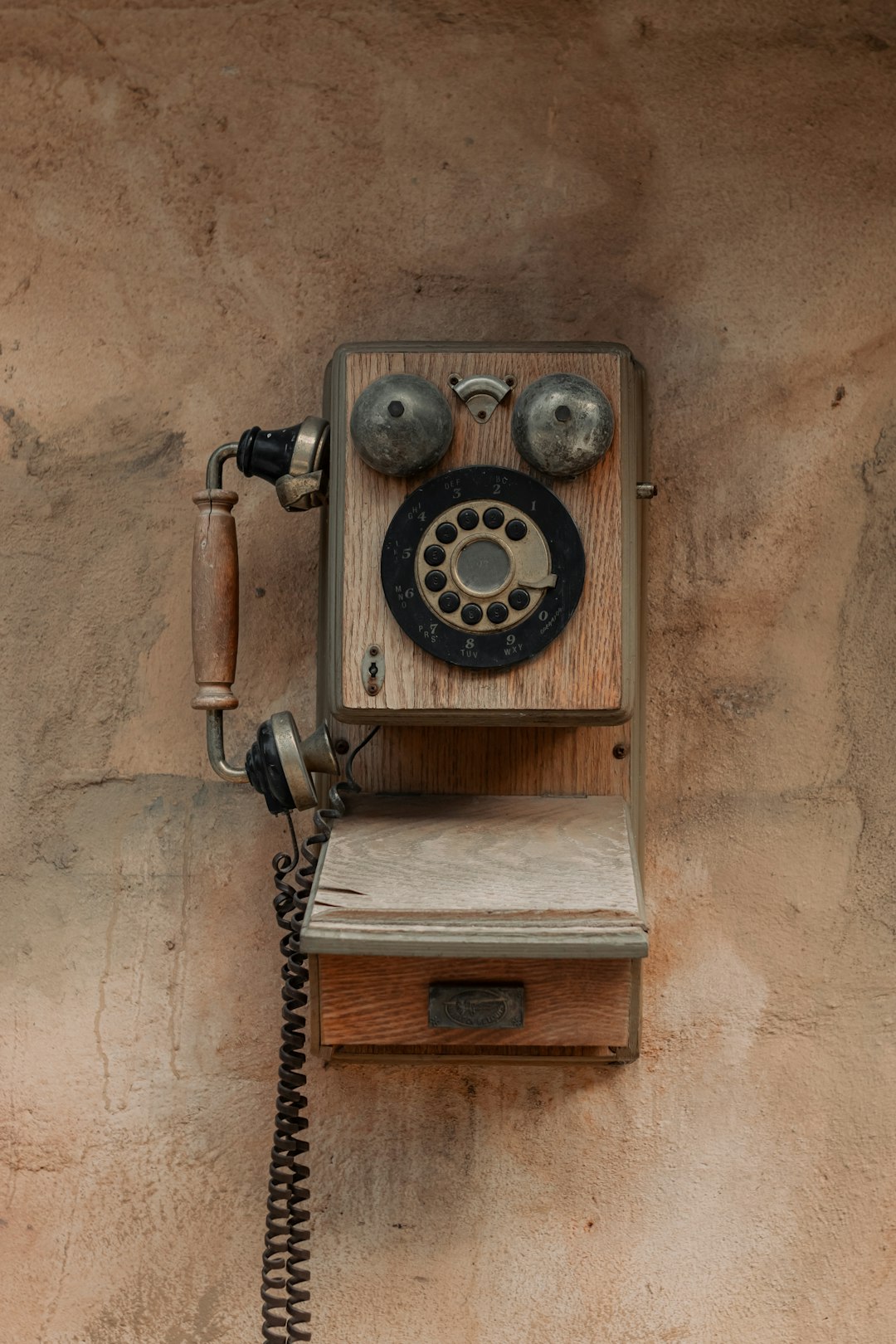
In Illinois, where the Telephone Consumer Protection Act (TCPA) is strictly enforced, activating and customizing your smartphone’s blocking settings is a powerful tool to manage unwanted calls. Start by accessing your device’s settings menu, often located in the notification shade or app drawer. Look for options related to “Call Blocking” or “Privacy.” Here, you’ll find the ability to create custom blocks for specific phone numbers or ranges. Consider this your first line of defense against nuisance calls and spam.
Personalize these settings according to your preferences and needs. You can block calls from unknown numbers, specific areas known for fraudulent activity, or even individual contacts who frequently bother you. Many smartphones also offer features like silencing unknown callers or redirecting them to a voicemail service. If you’re unsure how to navigate these options, consulting with a lawyer specializing in TCPA Illinois can provide guidance tailored to your device and legal rights.
Legal Considerations: When Is Caller Blocking Legal and What Happens if You Misuse It? (A Lawyer's Perspective)

In Illinois, the Telephone Consumer Protection Act (TCPA) governs caller blocking and provides important protections for consumers. Caller blocking is generally legal when it’s used to stop unwanted or harassing calls, such as those from telemarketers or known spammers. However, there are strict guidelines on what constitutes permissible blocking. Using blocking features to prevent essential services like emergency alerts, debt collection attempts, or legal notices can lead to legal repercussions.
Misusing caller blocking capabilities may result in a lawyer for TCPA Illinois filing a lawsuit under the TCPA. The act allows for individual consumers and groups of people to seek damages if they’ve been subjected to prohibited telephone solicitations or harassment. It’s crucial to understand your rights and obligations when utilizing blocking features on your smartphone to avoid potential legal issues.
